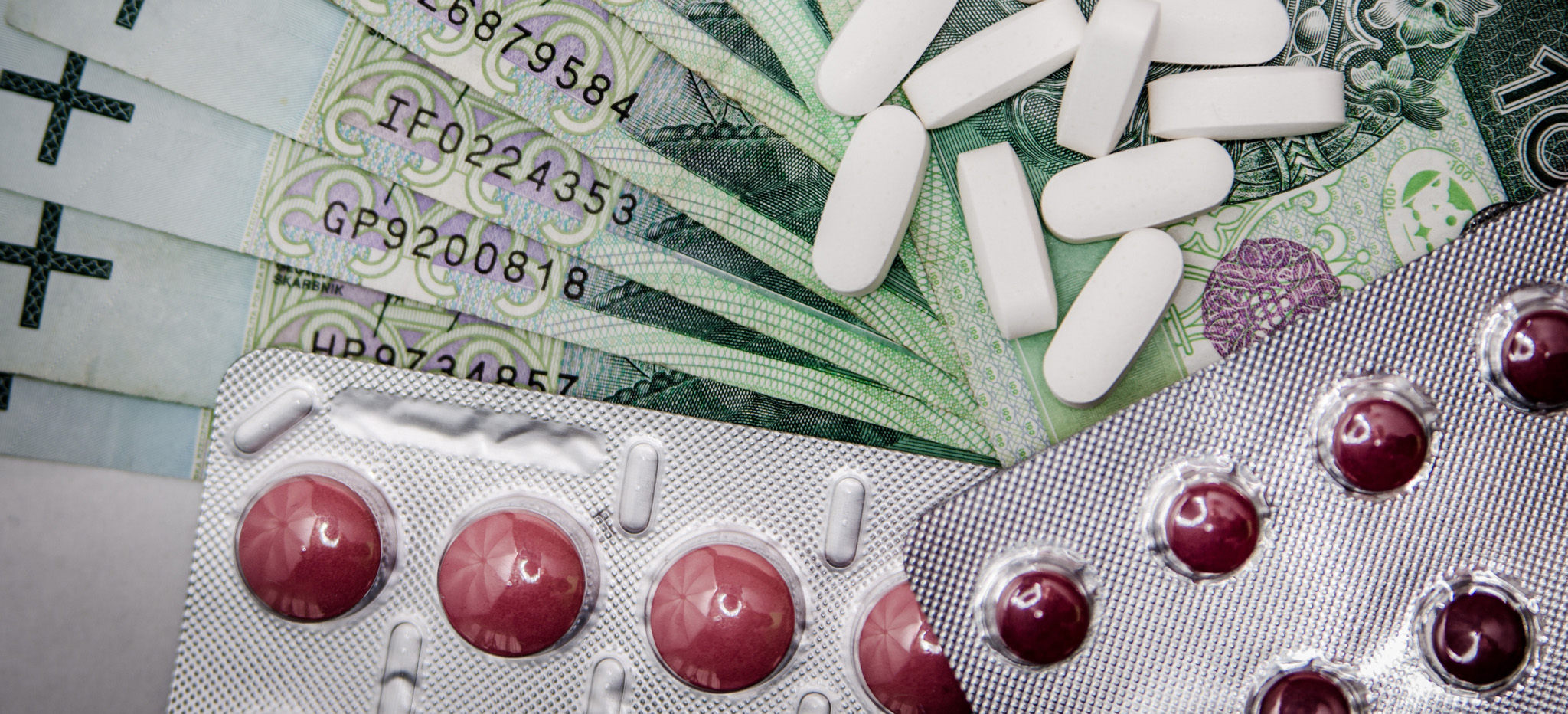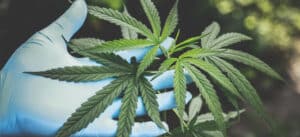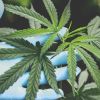Clearing the Confusion: Is CBD Oil Addictive in the UK?
Introduction
CBD (cannabidiol) has become increasingly popular in recent years for its wellness benefits, but many users ask the question: Is CBD addictive? We’re hear to set the record straight and share the truth – there’s very little evidence of any negative health effects from using CBD in moderation; if anything, most research suggests that it has positive effects on people’s wellness benefits.
So is CBD oil addictive?
So is CBD oil addictive? The answer is no.
CBD is not toxic and it’s not habit-forming. In fact, the only thing you might notice if you use too much of it is a bit of an upset stomach or diarrhoea if taken on an empty stomach – but that’s no different from any other supplement that has the potential to cause gastrointestinal issues when taken without food.
CBD is a naturally occurring compound found in the cannabis plant. CBD products do not produce a psychoactive “high” effect. Instead, CBD is believed to interact with the body’s natural endocannabinoid system, which plays a role in regulating various bodily functions, including sleep, mood, and immune response.
So does that mean CBD is not addictive?
It’s important to note that CBD oil is not addictive in the same way as substances like heroin or cocaine. While historically cannabis and hemp were misunderstood, they are not drugs and in fact classified as a natural food supplement that can help people maintain their health and wellness by benefiting mindfulness, relaxation and rest.
CBD is also not addictive like caffeine or sugar – which can cause withdrawal symptoms if you stop taking them suddenly – although there may be some side effects when you first begin using it
According to the World Health Organization (WHO), CBD exhibits no effects indicative of any abuse or dependence potential. In fact, a review of CBD safety conducted by the WHO in 2017 found that CBD is generally well-tolerated and has a good safety profile.
While there is no evidence to suggest that CBD is addictive, it is important to note that some CBD products may contain trace amounts of THC. THC is the compound in cannabis that is responsible for its psychoactive effects. Therefore, it is essential to choose CBD products that are lab-tested and certified to avoid any potential addiction risk.
What about withdrawal symptoms for heavy CBD takers?
If you’re a heavy CBD taker and want to quit for some reason, there are no withdrawal symptoms to worry about. The most common side effects that users experience are tiredness, diarrhoea and changes in appetite. Studies show that CBD oil is not addictive either physically or psychologically–so even if you were using it daily for years on end (which isn’t recommended), your body wouldn’t suddenly go into shock as soon as you stopped taking it.
Research on the effects of CBD on addiction is still in its early stages. However, there is evidence to suggest that CBD may have the potential in reducing drug cravings and withdrawal symptoms in people with substance use disorders.
One study published in the journal Addiction Biology found that CBD reduced cue-induced cravings and anxiety in people with heroin use disorder. Another study published in the Journal of Clinical Psychopharmacology found that CBD reduced symptoms of withdrawal and cravings in people with cannabis use disorder.
While these findings are promising, more research is needed to fully understand the effects of CBD on addiction.
What about the risk of overdosing on CBD?
CBD (cannabidiol) is a popular natural remedy that is used for a variety of conditions, including stress and sleep issues. However, as with any substance, there are risks associated with taking too much CBD.
What is an Overdose of CBD?
An overdose of CBD occurs when a person takes more than the recommended dose of CBD. While CBD is generally considered safe, taking too much of it can lead to adverse effects.
One of the primary concerns with taking too much CBD is the potential for interactions with other medications. CBD is metabolized by the liver and can interfere with the metabolism of other drugs, leading to potentially harmful interactions. It is important to speak with a healthcare provider before using CBD if you are taking any other medications.
Another potential risk of overdosing on CBD is the development of tolerance. Tolerance occurs when the body becomes accustomed to a substance, and higher doses are required to achieve the same effects. This can lead to an increased risk of adverse effects and dependency.
What are the Risks of Overdosing on CBD?
The risks of overdosing on CBD can vary depending on the individual and the dose. Some of the potential risks include:
- Dry mouth
- Low blood pressure
- Drowsiness
- Nausea and vomiting
- Diarrhoea
- Changes in appetite
While these side effects are generally mild, it is important to speak with a healthcare provider if you experience any adverse effects from CBD use.
How to Avoid Overdosing on CBD
To avoid the risks of overdosing on CBD, it is essential to follow the recommended dosage guidelines. While the optimal dose of CBD can vary depending on the individual and the condition being treated, it is generally recommended to start with a low dose and gradually increase it as needed.
Additionally, it is important to choose high-quality CBD products from reputable sources. Look for products that have been lab-tested and certified to ensure they contain the amount of CBD advertised on the label.
Finally, it is important to speak with a healthcare provider before using CBD, especially if you are taking any other medications or have underlying health conditions.
What are the benefits of taking CBD?
Savage Cabbage specialises in full-spectrum CBD oil, a popular natural remedy that is derived from the hemp plant. We’re the exclusive UK distributor for the World’s Most Trusted Hemp Extract – Charlottes Web, Unlike CBD isolate, which contains only CBD, full-spectrum CBD oil such as Charlotte’s Web, contain a range of other beneficial compounds, including other cannabinoids, terpenes, and flavonoids.
What is Full-spectrum CBD Oil?
Full-spectrum CBD oil is a type of CBD oil that contains all the naturally occurring compounds found in the hemp plant. These include cannabinoids like CBD and CBG, as well as terpenes and flavonoids. While CBD isolate contains only CBD, full-spectrum CBD oil provides a more comprehensive range of benefits.
The Benefits of Full-spectrum CBD Oil
- The Entourage Effect
One of the primary benefits of Charlotte’s Web full-spectrum CBD oil is the entourage effect. This is the idea that the various compounds found in the hemp plant work together to enhance each other’s effects. For example, studies have shown that CBD and THC work better together than when used alone. This synergistic effect can lead to a more comprehensive range of benefits.
- Potential Anti-inflammatory Properties
While we cannot make claims about specific medical benefits, some studies suggest that full-spectrum CBD oil may have potential anti-inflammatory properties. Inflammation is a common factor in many chronic health conditions, and reducing inflammation may have a positive impact on overall health.
- Potential Antioxidant Properties
Full-spectrum CBD oil also contains flavonoids, which are antioxidants that help protect the body against damage from free radicals. Antioxidants are essential for overall health and may help prevent chronic diseases like cancer, heart disease, and diabetes.
- Potential Neuroprotective Properties
Some studies suggest that full-spectrum CBD oil may have potential neuroprotective properties. This means that it may help protect the brain against damage and improve brain function. .
- Potential Anti-Anxiety Properties
While we cannot make claims about specific medical benefits, some studies suggest that full-spectrum CBD oil may have potential anti-anxiety properties. Anxiety is a common mental health condition that affects many people, and finding effective treatments is essential for overall well-being.
Conclusion
There is no evidence to suggest that CBD is addictive. In fact, the WHO has stated that CBD exhibits no effects indicative of any abuse or dependence potential. However, it is essential to choose lab-tested and certified CBD product to avoid any potential addiction risk. Additionally, research on the potential therapeutic effects of CBD on addiction is still in its early stages, and more studies are needed to fully understand its effects.












